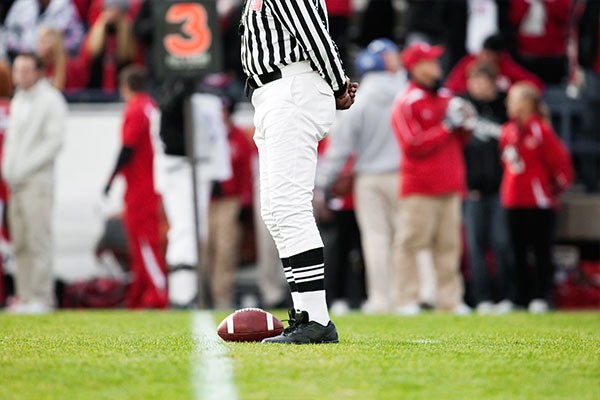As problematic as football is, with the Washington R*****ns and the Kansas City Chiefs, the game holds a special place in my heart. For those of you who don’t know, my father is a residential school survivor and without getting into the nitty-gritty traumas of his experiences, it left him with a deficit when it comes to parenting skills. Football was the first way we ever connected.
I’d sit on his knee or on the couch beside him and he’d explain to me what
In spite of this loss, the quarterback still gets paid his millions of dollars. The coach lives on to coach another game. It would appear that Canada has the same after-the-fact strategy when it comes to rulings for Indigenous people.
On October 11, 2018, the Supreme Court of Canada ruled that lawmakers would not have to consult Indigenous peoples on laws that would directly impact Treaty Rights because it would be too onerous a task. In the court’s opinion, it could slow legislation down to a crawl.
The duty to consult ensures section 35 of the constitution and judicial precedent—set by decades of legislation by the SCC itself—is followed. This ruling essentially says that the Crown is not the Crown in parliament. Or rather, the rules of the game don’t apply if the visiting team is favoured to win.
The financial weight of the challenge will be placed on Indigenous communities to bear—communities that already have funding crises in health care, housing, employment, education and infrastructure. Communities that have had to function with a
We will have to divide up our already meagre slice of funding to cover the court costs of lengthy legal battles. We will have to fight for our rights after-the-fact while damage is concurrently being done by these new laws. However, if we lose the challenge, we lose all the money that goes into those challenges. We lose far more than a timeout and our players don’t get to move on without penalty or consequence because that money came out of an already strapped bank account.
Here’s the thing. It’s really hard to play a game you’ve
———
Opinionated is a rotating column by Halifax writers featured regularly in The Coast. The views published are those of the author.

